China's policy of allowing half of its junior high school graduates to enter high school while the rest must study a trade has led many families to seek ways to send their children to study abroad early.
For the past three years, Joey Lu has endured a rigorous school schedule, not to mention the three hours of extra classes he attends almost every night. However, that was not enough to help Lu pass the high school entrance exam in Guangzhou. For Lu and her family, entering high school is an important step towards getting into a university in China.
For their child's future, Lu's parents faced two choices: spend an additional 70,000 yuan (nearly 240 million VND) for their child to study and retake the exam next year, or study high school abroad.
Many families in China face this situation. Since 2017, the Ministryof Education has issued a new policy on high school admissions. Accordingly, after finishing junior high school, half of students will go to high school, the rest to vocational training institutions.
The policy is further emphasized in the agency's 2021-2025 plan. The move is aimed at strengthening China's skilled workforce, and is part of a plan to learn from Germany, a country renowned for its high-skilled training. According to data from the Ministry of Human Resources and Social Security, the " world's factory" will face a shortage of about 30 million skilled workers in the manufacturing sector by 2025.
Despite the high demand for human resources, Chinese families generally find it difficult to accept that their children learn a trade after finishing junior high school, because a university degree is necessary for advancement. Therefore, many families seek backup plans, mainly studying abroad, if their children cannot pass the high school entrance exam.

Graphics: SCMP
The 2023 White Paper on Studying Abroad by New Oriental Education and Technology Group, a Chinese private education services giant, points out that the willingness of 15-17 year olds to study abroad has increased in the past two years.
Mr. Dong Shige, founder of RDF International School Shenzhen, also noticed that the cost of children studying abroad accounts for a larger proportion of family spending compared to previous years.
"We can feel the anxiety of parents when nearly half of students cannot get into high school - the basic path to university," shared Ivan Zhai, director of admissions at a high school in Ontario, Canada.
According to him, parents who do not want their children to learn a trade choose to study abroad, even though it increases both financial pressure and anxiety when their children have to go to a strange country from a young age.
"Many students who fail high school in China actually have very good academic results and will meet all high school entrance requirements abroad, for example in Canada," he said.
Another option for some parents is to move to a new location so that their children can be admitted to public schools, according to the policies of the new location. The most common destinations are Hong Kong, Southeast Asian countries and Canada.
In Shanghai, Robert Wang, a lawyer with nearly 20 years of experience, is applying for a Hong Kong visa. He is doing so not because of his career ambitions, but because of his 12-year-old child.
"I may lose several hundred thousand yuan on visas, have to find a new job or get a degree in Hong Kong. But this is a backup plan for my son to be admitted to a high school," he said, adding that his son is currently facing too much pressure and is likely to fail the high school entrance exam in his hometown.
Canada has also seen a growing number of Chinese parents, even those with university degrees and years of work experience, enrolling their children in local universities as a way to get their children into public high schools.
For parents who do not choose to study abroad, they have to spend more for their children to study, contrary to the government 's "double reduction" policy in recent years to reduce the burden on students and parents.
The 2022 report by the NGO YuWa said that China has the second highest cost of raising a child in the world, after South Korea. The cost of raising a child to 18 in this country is 6.9 times the country's GDP per capita. This is also double that of Germany, triple that of Australia and France.
Phuong Anh (According to SCMP )
Source link




















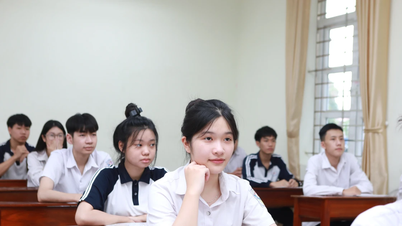



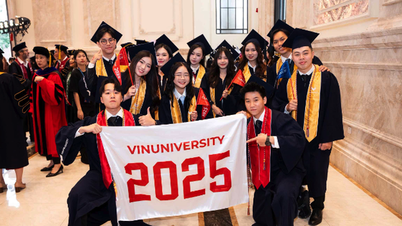


































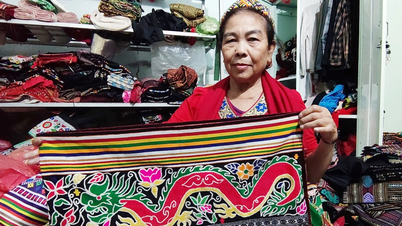










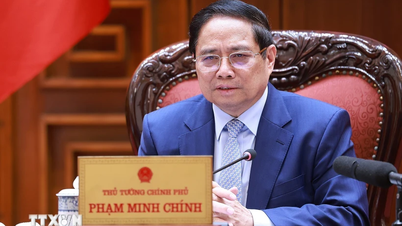


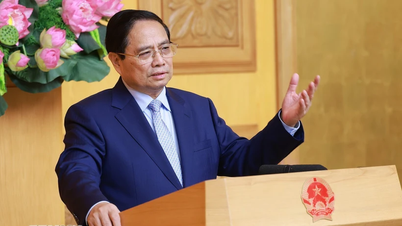
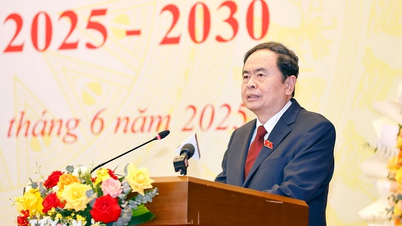

































Comment (0)